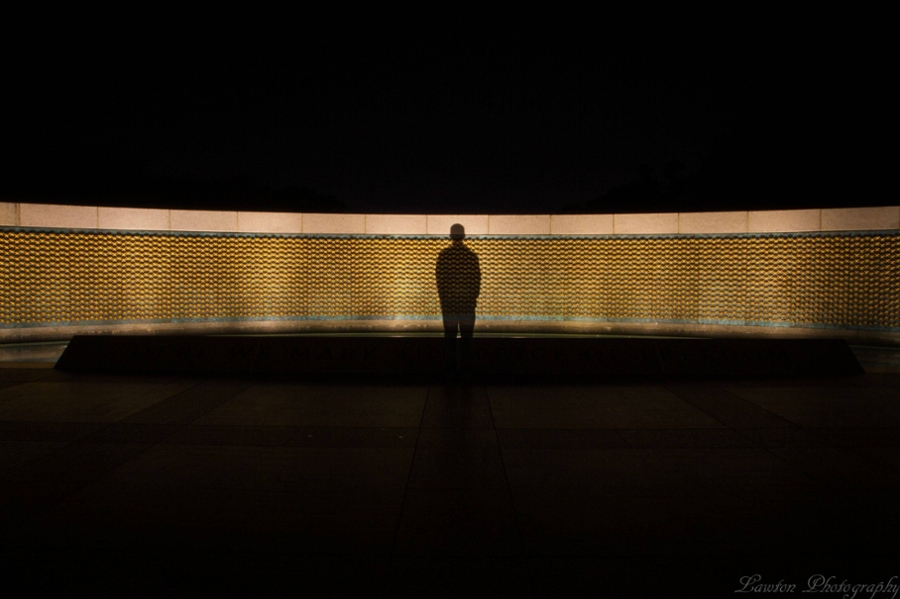Disability Services for Veterans and their Families

Student Veterans
Whether this is your first semester or you're a few months from graduation, the transition from the demands of military life to those of the university can create a significant amount of stress. Many of you are returning from war-zones; the amount of stress from that experience added to what you must already face is, often, immeasurable and overwhelming.
Recent studies show that as many as 1 in 3 returning veterans have already, or will experience one or more psychological conditions. A July 2004 article published in the New England Journal of Medicine ("Combat Duty in Iraq and Afghanistan, Mental Health Barriers to Care," Vol. 351, No. 1) indicated that 1 in 6 veterans fit criteria for symptoms of Post Traumatic Stress Disorder (PTSD). Officials with the Department of Veteran's Affairs (VA) claim that many veterans will not receive the psychological treatment they need.
Discovery of a medical problem or psychological disorder during one of the many exit examinations all military members must complete frequently results in a hold on dismissal from service. As a result, many service members don't report problems that require professional attention because they are, understandably, anxious to begin their new civilian lives.
War Zone Stress Reaction & PTSD
Post-traumatic stress disorder (PTSD) is a disabling disorder that may develop following a traumatic event. Often, people with PTSD have persistent frightening thoughts, memories, and dreams of the terrifying event and feel emotionally distant. An event resulting in PTSD usually involves experiencing death or dismemberment, in some fashion, and a feeling that one was helpless during that event. Common symptoms of PTSD include the following:
- Recurring and intrusive memories and/or dreams of the event
- Acting or feeling as if the traumatic event were happening
- Intense distress in response to cues resembling some aspect of the event
- Efforts to avoid thoughts, feelings, or conversations related to the event
- Feeling detachment or estrangement from others
- Difficulty falling or staying asleep
- Irritability or outbursts of anger
- Difficulty concentrating
- Depression
If you feel you may be suffering from PTSD, visit one of the following links or speak with a counselor.
- www.ptsd.va.gov
- www.healthyminds.org/multimedia/ptsd.pdf
- www.nimh.nih.gov/health/topics/post-traumatic-stress-disorder-ptsd
- Back to School Guide to Academic Success After Traumatic Brain Injury
Why do so many veterans of this war suffer from war zone stress reactions?
The war in Iraq is known for close-quarters battle. As such, there are no safe places or front lines; soldiers are often unsure whether indigenous personnel are friend or foe. Troops almost never experience anything in Iraq without constant fear of loss of life. They never relax and adrenaline is constantly pushed through the body at alarming rates. Constant high levels of adrenaline create problems over time.
When troops return home, they may find great difficulty in adjusting to a more peaceful environment. Panic attacks may be triggered suddenly by sights and sounds that even remotely resemble war-time conditions.
Panic Attacks
A panic attack involves a sudden and intense fear or discomfort in the absence of real danger. Panic attacks may be unexpected, or brought on by an environmental trigger. In an unexpected attack, the person experiencing the panic may not be able to link the attack to any trigger. Sometimes, the person experiencing the attack may be able to link the episode to a trigger.
Common symptoms of panic attacks include the following:
- Accelerated heartbeat
- Sweating
- Trembling or shaking
- Shortness of breath or feeling of suffocation
- Chest pain
- Dizziness
- Fear of death or losing control, "going crazy"
- Tingling in the fingers and toes
If you are experiencing panic attacks, please visit with a counselor as soon as possible.
Why do I need to get help?
Many returning service members will suffer from some degree of war zone stress reactions. It is important for returning troops to be aware of the importance of counseling services. Since many now live in a relatively peaceful environment, it may become easier to avoid reminders of trauma faced in war zones and to, therefore, put off seeking counseling services. Failure to participate in counseling may not only further impact war-related psychological difficulties, but may also exacerbate disorders that may have been present before deployment.
- If you're experiencing PTSD, depression, suicidal thoughts, or family issues, contact the Counseling Services at 796-6000 to schedule an appointment.
- Some of these services include testing adjustments, note-takers, and much more. The Disability Support Services office is located in the Mourant Building. Please call 796-6000 if you have further questions.
Journey to Success: Employment Tools for Veterans with Disabilities
Are you, or is someone you know, a United States military Veteran who acquired a disability during or after your service? Military Veterans bring experience and skills of great value to the workforce. This document describes services that help Veterans with a disability enter the workforce and find fulfilling employment.
